Climate security and energy security go hand-in-hand, UK Prime Minister Rishi Sunak told the UN climate summit COP27 in Egypt. The war in Ukraine and rising energy prices across the world are a reason to act faster on climate change, he said. “Diversifying our energy supplies and investing in renewables is precisely the way to insure ourselves against energy dependency,” he added.
German Chancellor Olaf Scholz agreed. He told delegates that switching to renewable energy was a “security policy imperative”, adding that wind power, solar energy and green hydrogen are the future. On paper, hydrogen does indeed look like the perfect fuel: it is clean, abundant and the only emission it produces is water. Given its credentials, why is it not already the go-to fuel of choice? Production, storage and delivery challenges have hampered its progress, but forward-thinking start-ups in the UK are coming up with innovative solutions to these issues.
How is hydrogen made?
Although hydrogen is the most abundant element in the universe, it is very scarce in its pure form on Earth. Here, it is mainly found in water, where it is combined with oxygen to form H2O. Hydrogen is manufactured by splitting these molecules using an energy source, so it is only as clean as the methods used to produce it. If renewable energy is used to split the molecules, then it truly is a green fuel and is known as green hydrogen.
In the UK, however, the most common way of producing hydrogen is by steam methane reformation, where natural gas is reacted with steam to form hydrogen. This is a very carbon-intensive process. According to the UK Hydrogen Strategy, most of the hydrogen produced and used in the UK – and globally – is high carbon, coming from fossil fuels with no carbon capture. If hydrogen is to play a meaningful part in our transition to a low carbon future, experts say production will need to focus on green hydrogen.
Production
Big energy companies, such as Octopus Energy, are putting their money on green hydrogen due to its potential for decarbonising sectors like aviation, heavy transport and industry, which are difficult to electrify. The renewable energy company has assembled a team of hydrogen experts under the auspices of Octopus Hydrogen. Together with renewables group RES, it has pledged £3 billion to build green hydrogen plants across the country by 2030.
Green technology start-ups have also been busy discovering new ways to produce hydrogen. HiiROC, founded in 2019, has invented a technology called thermal plasma electrolysis. This process converts biomethane, flare gas or natural gas into clean hydrogen and carbon black, which can be easily captured and used in anything from tyres to building materials.
Cambridge-based Levidian, which recently received £12 million investment from US energy giant Baker Hughes, has patented a decarbonisation device called LOOP. This docks with existing infrastructure to strip carbon from gas flows and has two only products – hydrogen and net-zero graphene. And clean tech start-up Supercritical is developing the world’s most efficient electrolyser to lower the cost of hydrogen production with net zero emissions.
Storage and delivery
Production is only part of the story: hydrogen also needs to be stored and transported. This can prove difficult because it is the lightest of all elements and is easily lost in the atmosphere. If hydrogen is stored as a gas, it needs to be kept under high pressure. If it is stored as a liquid, it needs to be kept at cryogenic temperatures.
The Orkney Islands in Scotland are ahead of the game when it comes to creating hydrogen infrastructure. Blessed by windy shorelines, the islands produce more renewable energy than inhabitants can use and the surplus is made into hydrogen. This year, a consortium led by H2GO Power secured £4.3 million from the UK government to roll out a smart hydrogen storage system on the islands. The Solid Hydrogen at Low pressures (SHyLO) project uses state-of-the-art smart hydrogen storage technology to store and dispense hydrogen in solid-state materials. This offers potential savings of up to 55 per cent compared with compressing and storing hydrogen at high pressures.
Back on the mainland, the Energy Networks Association has published plans to show how Britain’s gas grid companies will meet the government’s target for gas pipes to deliver 20 per cent hydrogen to homes and businesses around the country from 2023. Britain’s gas-fired power plants will be able to use blended hydrogen to generate cleaner electricity, reducing carbon emissions by the equivalent of 2.5 million cars a year.
Fuel cells of the future
Another storage solution comes in the form of hydrogen fuel cells, which convert hydrogen to electricity. They can be used in place of batteries for shipping, portable industrials, plant machinery, buses and HGVs. Bramble Energy, a start-up born in Imperial College London, has developed a new type of fuel cell that can be produced using existing industrial infrastructure. And Chelmsford’s Tevva is on the verge of transforming the HGV industry with its third generation trucks which feature a hydrogen fuel cell range extender so they can carry heavier loads over longer distances. Another UK company, Riversimple, is taking the technology one step further and developing cars which run solely on hydrogen, emitting nothing but water.
The stakes are high and there is everything to play for. According to the World Bank, the demand for hydrogen will grow to 500-600 million megatonnes by 2050. The hydrogen production market was valued at $130 billion from 2020 to 2021 and is estimated to grow up to 9.2 per cent every year until 2030. In the UK, the government has pledged to produce 10GW of low carbon hydrogen by 2030. Hydrogen might be expensive to produce, difficult to store and hard to transport, but there is no doubt it will play a significant role in the clean energy transition.
____
To hear more about the potential for hydrogen in Africa, listen here to our interview with the African Hydrogen Partnership as part of our Africa Net Zero series.






